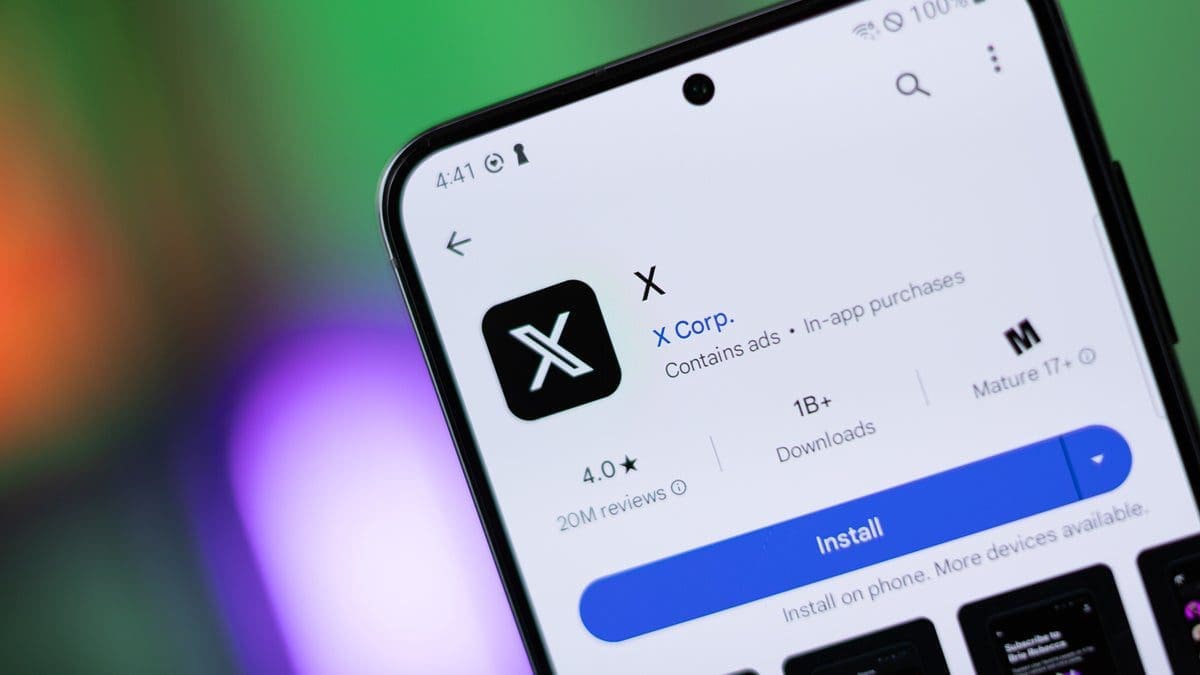In 2021, T-Mobile experienced a cyber breach that impacted 76.6 million customers, resulting in stolen and sold data. The aftermath led to a $350 million settlement between T-Mobile and affected customers, with legal representatives seeking $78.75 million in fees. However, a recent ruling by a US appeals court has overturned this decision, deeming it excessive and labeling it as a windfall for the lawyers.
Key points to consider:
– T-Mobile settled for $350 million with customers post-cyber breach.
– Attorneys representing customers requested $78.75 million in fees.
– US appeals court reversed the decision due to excessive fees.
After the initial complaint was filed, settlement discussions began promptly. Less than a month later, an agreement was reached where individual customers could receive up to $25,000 for out-of-pocket losses caused by the breach. Customers who did not provide proof of loss were entitled to $25 or $100 (for Californians), along with free identity-defense and monitoring services for two years. Additionally, T-Mobile committed an extra $150 million towards enhancing security measures.
The class counsel anticipated a fee award of 22.5 percent of the settlement fund ($78.75 million), which faced opposition from some class members who deemed it unreasonable given the “megafund” nature of the settlement ($100 million or more). The argument suggested that high recoveries in such cases often stem from the class size rather than the counsel’s efforts, resulting in excessive fees that could be seen as unwarranted windfalls.
Despite class counsel’s defense that their fee request was justified considering T-Mobile’s additional security investment, the appeals court deemed the awarded fee unreasonable. The court considered factors such as projected future work hours but concluded that overvaluing short-term efforts could lead to disproportionate returns for attorneys.
The ruling does not diminish the quality of representation provided by class counsel but aims to reevaluate fee structures to ensure fairness and reasonableness moving forward. As the case transitions to another court for further action, there is a renewed focus on maintaining integrity within legal proceedings and upholding ethical standards across all levels of representation within settlements related to data breaches and cybersecurity issues.
Phones Canada remains committed to keeping our readers informed about developments in telecommunications law and industry trends while emphasizing transparency and accountability within legal frameworks governing data protection and consumer rights. Stay tuned for more updates on how legal decisions impact telecom services and customer relationships in an ever-evolving digital landscape.










